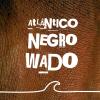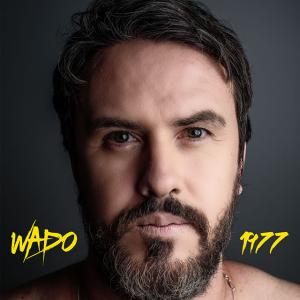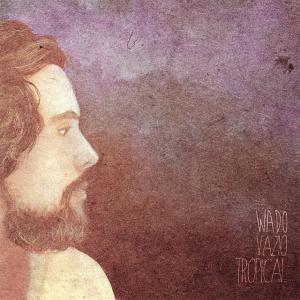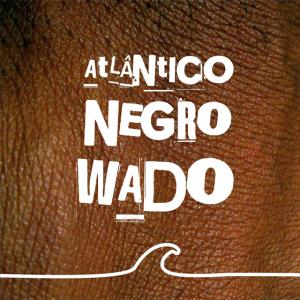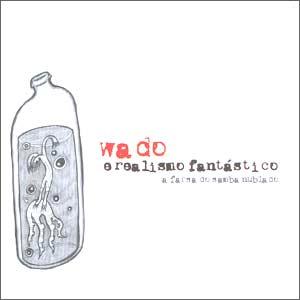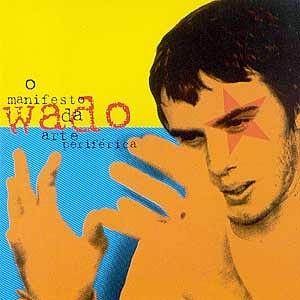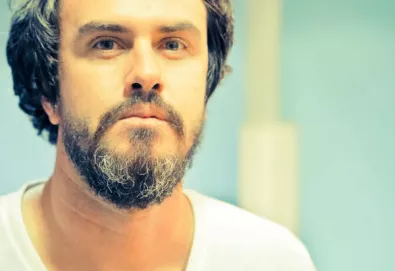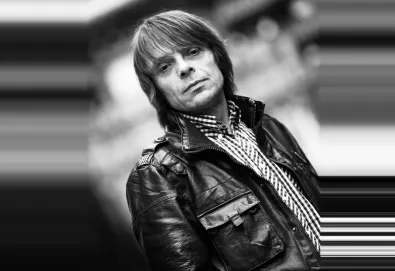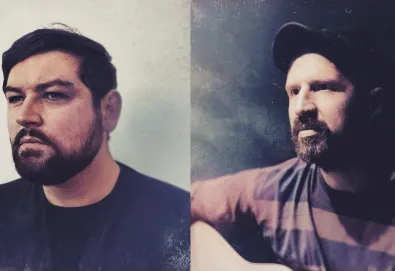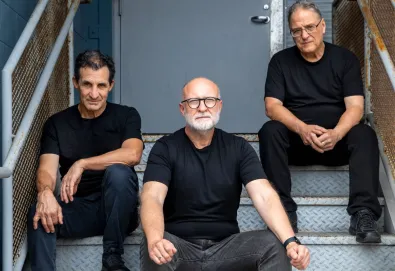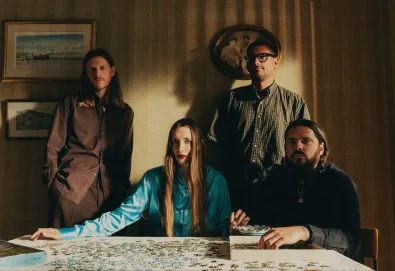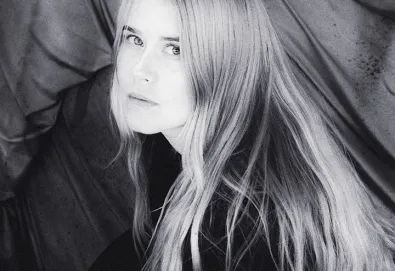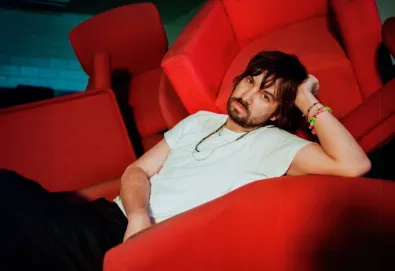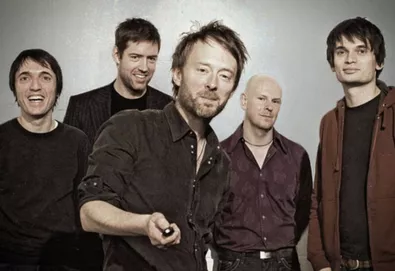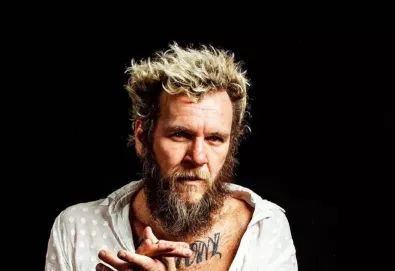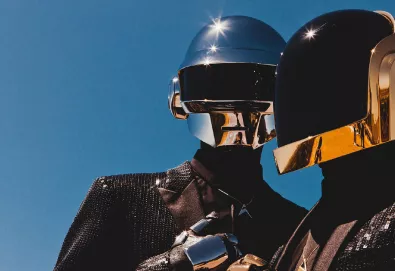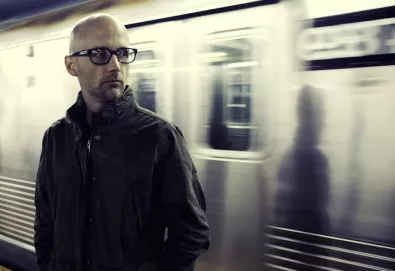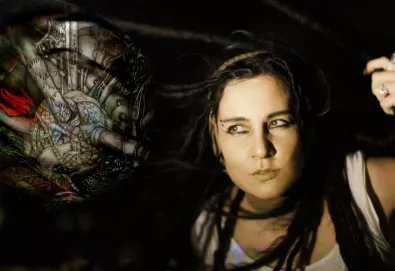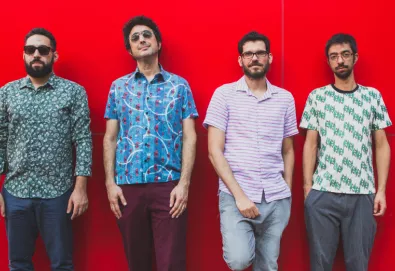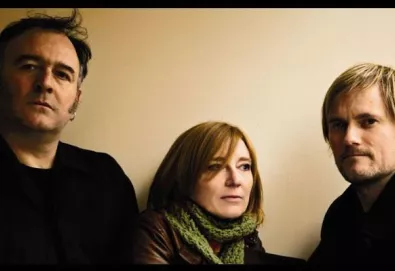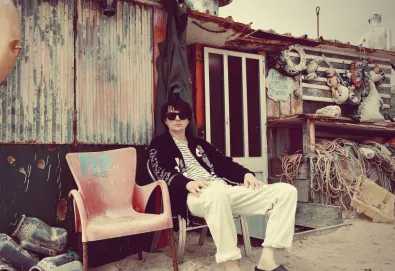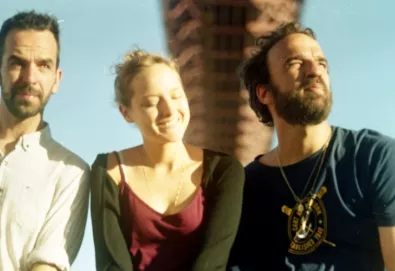Wado emerged on the independent Brazilian music scene in 2001, when he released the album Manifesto da Arte Periférica on the Dubas label. His music, which explores samba, rock, funk, afrobeat, electronics, among other genres, found positive receptivity on the part of critics.
Born in Florianópolis on July 5, 1977, Oswaldo Schlikmann Filho was based in Maceió since he was eight years old. Before pursuing a solo career, Wado was a member of the Santo Samba group.
After the Manifesto da Arte Periférica, Wado released Cinema Auditivo in 2002 under the label Other Discos. The following year, the singer was one of the attractions of the TIM Festival.
Signing Wado and Realismo Fantástico (reference to his band), the artist released in 2004 A Farsa do Samba Nublado, also by the label Outros Discos. In 2008 Wado's fourth album, Terceiro Mundo Festivo came out, released independently, with free download. The following year, he released Atlântico Negro, an album that came out on CD through Pimba Records.
With participation by names like Zeca Baleiro, Curumin, Fábio Góes, Chico César, Marcelo Camelo and Mallu Magalhães, Samba 808, Wado's sixth studio album, was made available for free download in October 2011. The disc was released on CD only in early 2012 on the Pimba Records label. In 2013, Wado released Vazio Tropical, his seventh album, produced by Marcelo Camelo.
1977, the album with the title referring to the singer's birth year, came out in 2015. Wado's eighth album features Lucas Silveira, from the group Fresno, on the track "Cadafalso", the Portuguese Samuel Úria in "Deita" , the Mexican Graciela Maria in the song "Galo", Marcelo Camelo in "Palavra Escondida", among others. The following year, the singer released Ivete, an album on which he flirts with axé music.
In 2018, the singer released Precariado. A Beleza Que Deriva do Mundo, Mas a Ele Escapa, a more intimate sounding album, arrived in 2020.
- Origin:





